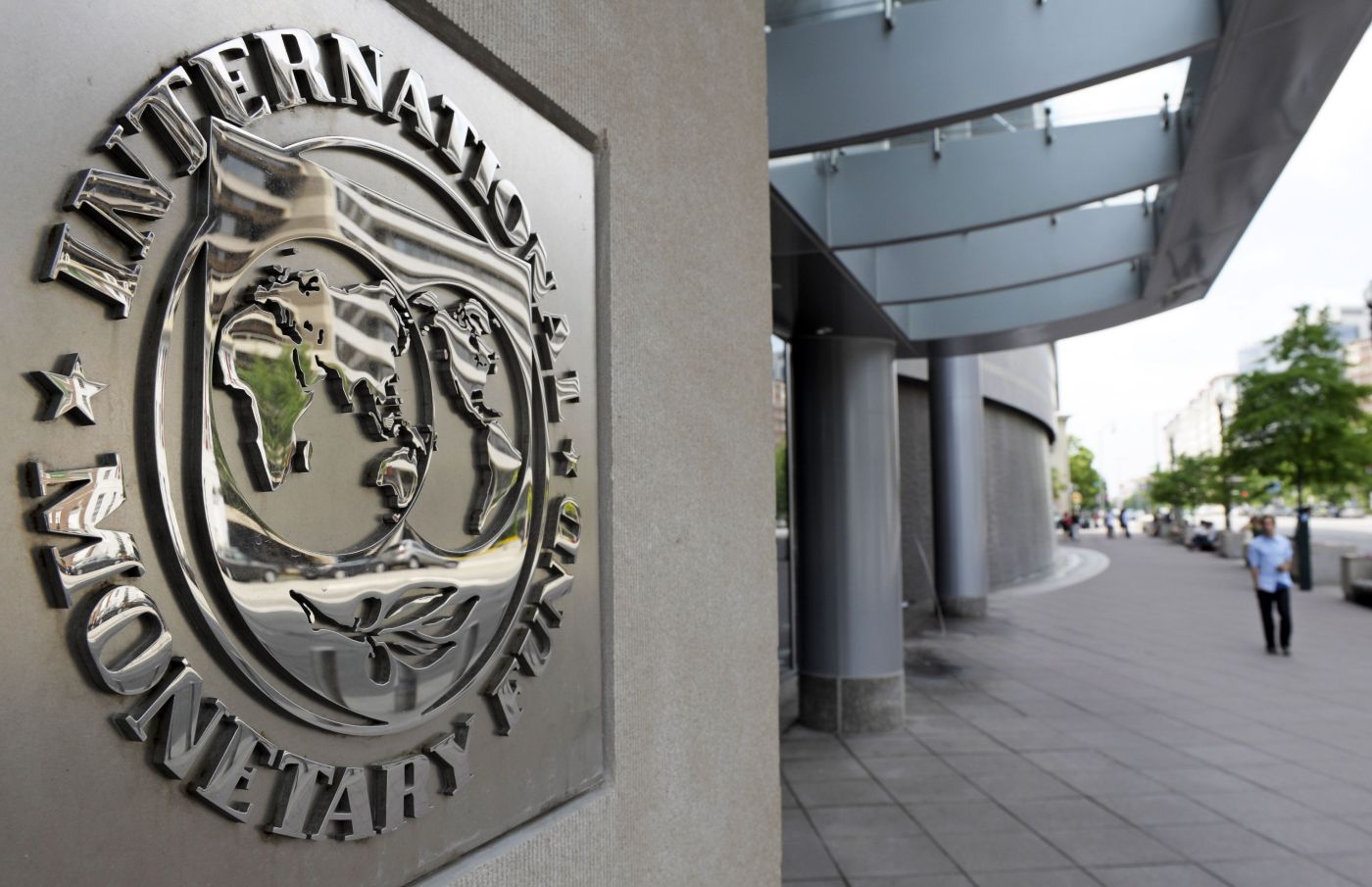In its World Economic Outlook report released on Tuesday, the International Monetary Fund (IMF) lowered its forecast for the world economy, predicting a global growth of 3.2 percent in 2016 and 3.5 percent in 2017.
The chief economist of the leading economic institution Maurice Obstfeld described the economic slowdown as “increasingly disappointing” and as reflecting a widespread downturn in economies around the world.
Egypt’s GDP growth is forecasted at 3.3 percent in 2016, representing a drop from 4.2 percent the previous year. The country’s GDP is expected to rebound in 2017, reaching a growth of 4.3 percent.
Unemployment will climb slightly to reach 13 percent this year, compared to 12.9 in 2015, but will drop again in 2017 to 12.4 percent.
It is worth noting that, compared to the oil-rich Gulf countries, Egypt is doing fairly well. Saudi Arabia’s GDP, for instance, is forecasted at 1.2 percent this year, while the United Arab Emirates will see a GDP growth of 2.4 percent.
According to the World Bank, Egypt’s economic slowdown can mainly be attributed to the foreign exchange shortage the country has suffered from since the Russian plane crash in October last year that scared away tourists and investors, and stifled production.
The drop in global oil prices, slowing down Gulf economies, can also have negative effects on Egypt’s economic performance. Remittances sent from Egyptian migrant workers in Gulf countries back to Egypt will slow, thus negatively affecting domestic consumption in Egypt.
It is the second time this year the IMF has downgraded its predictions for global economic growth, according to the BBC.
Reflecting the current state of the world economy, the new report is titled: “Too slow for too long.”







Comments (2)
[…] by analyzing the latest figures released by the International Monetary Fund (IMF) in its World Economic Outlook report, released in […]
[…] conclusion by analyzing the latest figures released by the International Monetary Fund (IMF) in its World Economic Outlook report, released in […]